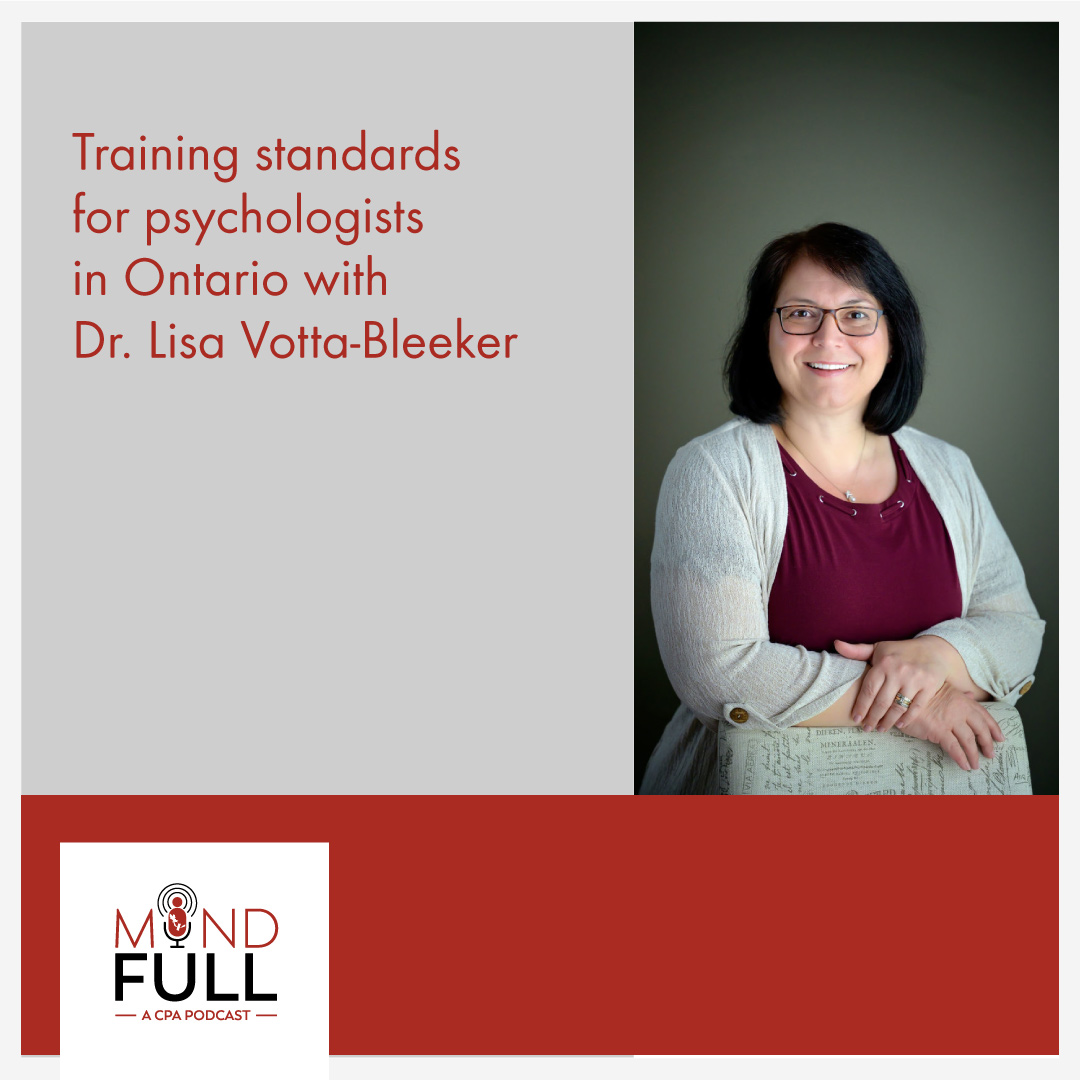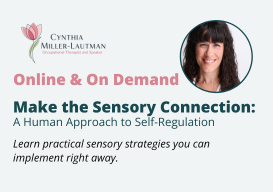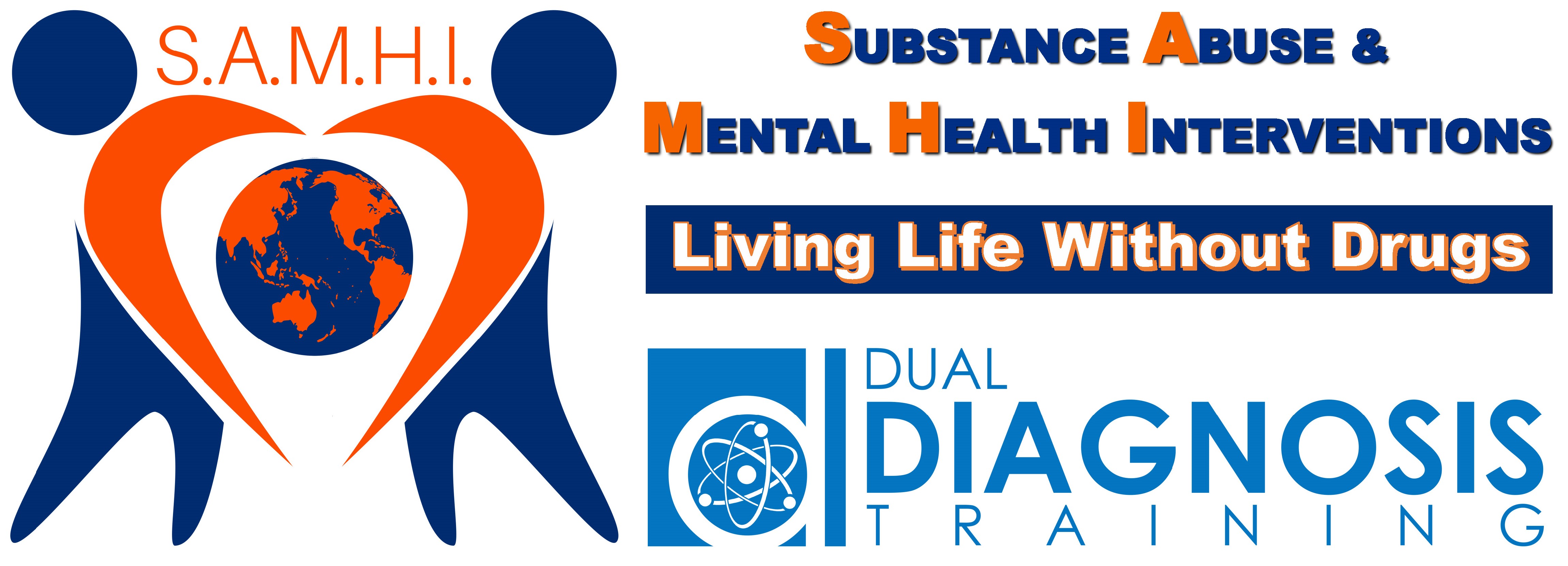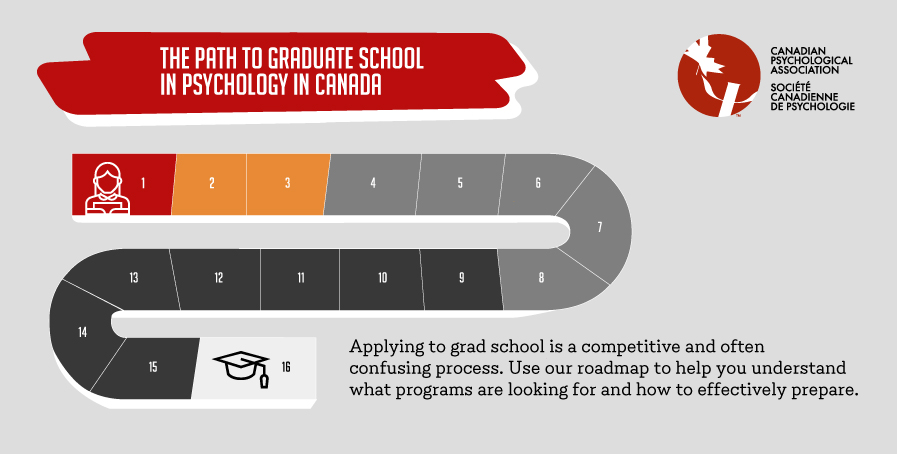What is Executive Functioning?
Executive functioning refers to mental skills that help you carry out day-to-day tasks. These skills include:
- Inhibition control: the ability to think before acting.
- Working memory: the ability to hold and juggle a small amount of information while performing another task.
- Cognitive flexibility: the ability to adjust your thinking or approach when situations change, so you can find new ways to solve problems or respond.
These executive functions work together to produce skills such as problem-solving, reasoning, planning, and self-control. Executive functioning also supports the ability to communicate and socialize, manage tasks, and engage in moral reasoning. Executive functions are developed throughout childhood into young adulthood. Family environment, stress, and social connections can shape the development of executive functions across stages of growth.
What Areas of My Brain Are Responsible for Executive Functioning?
Research suggests that executive functions are not localized to a single brain area. For example, executive functioning relies on several parts of the brain simultaneously to support decision-making processes. Several areas of the brain’s cortex—the outer layer involved in thinking and decision-making—support inhibition control. The prefrontal cortex, located just behind the forehead, is involved in thinking about and using information, working toward goals, and managing emotions. This brain area also plays an important role in switching between tasks and adjusting one’s thinking when a situation changes.
What Does Executive Functioning Look Like in My Daily Life?
Typical executive functioning in adults can look like:
- Being able to plan and organize tasks at work and in your personal life
- Being able to meet important deadlines
- Making decisions based on reasoning and anticipated outcomes
- Regulating emotions
- Adapting to new situations or unexpected challenges
- Managing time effectively to fulfill daily responsibilities
- Being able to balance multiple tasks or priorities
What Does Executive Functioning Look Like in My Child’s Daily Life?
Typical executive functioning in children can look like:
- Being able to focus on tasks appropriate for their age
- Being able to follow multi-step instructions
- Being able to plan and execute simple tasks, like getting ready for school
- Controlling impulses, like being able to wait for their turn in a game
- Shifting from one activity to another without extreme difficulty
- Remembering rules or routines
What Can Executive Functioning Difficulties Look Like in My Everyday Life?
Common difficulties with executive functioning in adulthood can look like:
- Inhibition Control Difficulties, for example:
- Interrupting others in conversation
- Struggling with impulsive behaviours, like overspending or overeating
- Finding it challenging to focus on a task when distractors are present
- Feeling overwhelmed by strong emotions
- Acting or speaking before thinking, then regretting it
- Working Memory Difficulties, for example:
- Forgetting instructions that you just read
- Losing track of steps when following instructions, like when following a recipe
- Struggling to plan ahead or keep appointments straight
- Relying heavily on reminders, lists, or other people to stay organized
- Experiencing the recurring sense that you are forgetting something important
- Cognitive Flexibility Difficulties, for example:
- Finding it hard to adapt when routines change
- Getting stuck on one way of doing something, even if it is not working
- Having difficulty switching between tasks at work or home
- Feeling overwhelmed by unexpected problems
What Can Executive Functioning Difficulties Look Like for My Child?
Common difficulties with executive functioning in children can look like:
- Inhibition Control Difficulties, for example:
- Fidgeting excessively in class
- Being easily distracted or being disruptive in class
- Finding it challenging to focus on one task
- Feeling overwhelmed by strong emotions
- Not thinking through actions before taking them
- Working Memory Difficulties, for example:
- Difficulty with following multi-step instructions independently
- Losing track of belongings easily
- Difficulty understanding complex texts/reading comprehension texts
- Cognitive Flexibility Difficulties, for example:
- Difficulty connecting different ideas when learning a new topic in school
- Difficulty switching between tasks
- Difficulty solving problems creatively
- Unwillingness to try new ways of completing a task
When Should I Be Concerned?
In both children and adults, some difficulties may be developmentally appropriate and not cause for concern. Consistent struggles that significantly interfere with daily life, learning, or work may indicate abnormal executive functioning.
What Causes Executive Functioning Difficulties?
Executive functioning can be affected by a combination of neurodevelopmental disorders (e.g., ADHD, autism, learning disabilities), genetic factors, and environmental factors. Various factors can affect executive functioning because it involves the coordinated development of multiple vulnerable brain areas and depends partly on how long a particular region of the brain takes to develop. For example, injury to some brain areas can affect planning and goal-directed behaviours, whereas damage to other brain areas might affect impulse control.
Genetic predispositions, such as Down syndrome, can contribute to difficulties with executive functioning. Developmental sensitivity and the timing of exposure to environmental factors—such as traumatic brain injuries, infections, or co-occurring conditions (e.g., ADHD, learning disabilities)—can also significantly affect executive functioning. The brain regions responsible for executive functions are still developing during childhood, so exposure to brain injury or infections may be especially impactful during this period. Chronic cannabis use in adolescence is also associated with poorer executive functioning in adulthood.
In adults, executive functioning can be substantially affected by traumatic brain injury, stroke, and dementia. Psychiatric disorders like ADHD, OCD, anxiety, schizophrenia, and PTSD, all affect different aspects of executive functioning. For example, individuals with OCD typically experience cognitive inflexibility, and individuals with PTSD may experience difficulties with inhibitory control and working memory. Small declines in executive functioning are typical in seniors, and hormonal changes during menopause have been linked to disruptions in executive functioning as well.
How Can Executive Functioning Difficulties Be Treated?
There is not one stand-alone option for treating difficulties with executive functioning. Instead, research shows a multifaceted approach to addressing cognitive, behavioural, and emotional regulation challenges is most effective. Key strategies and interventions for both children and adults include:
- Therapeutic approaches: Structured interventions such as working memory training, and cognitive behavioural therapy (CBT) focusing on improving executive functioning processes like planning, organization, and problem-solving.
- Behavioural interventions: Programs focused on managing specific behaviours (e.g., impulsivity or inattention), using reinforcement strategies to develop self-regulation and adaptive functioning.
- Technology and tools: Utilizing tools like task organizers, time management apps, and visual reminders to support planning and time management.
- Environment modifications: Structuring physical and social environments to reduce distractions and improve focus and organization.
How Can I Help My Child with Executive Functioning Difficulties?
It is important to share your concerns with your child’s teachers and school. Teachers can often provide insight, suggest resources, and work with you on strategies to support your child’s learning needs. You may also want to consult with the school psychologist, who can offer behavioural observations, collaborate with parents and teachers, and conduct assessments that provide deeper insight into your child’s strengths and challenges. They may also be able to recommend local services in your area.
Together, these professionals can recommend strategies and interventions tailored to your child.
Parents and teachers can help by creating consistent routines at home or in the classroom, which give children a sense of predictability. Break tasks into smaller steps and encourage children to focus on one step at a time before moving on. Visual supports, such as checklists and calendars, can also help children stay organized with homework and chores. Finally, playful activities like Freeze Dance or Simon Says give kids a fun way to practice self-control. If challenges persist, consider a formal assessment from a licensed psychologist/therapist in your area. Identifying needs early can lead to more effective support and better outcomes.
Where Can I Go for More Information?
For more information about executive functioning and useful resources, visit:
You can consult with a registered psychologist to find out if psychological interventions might be of help to you. Provincial, territorial, and some municipal associations of psychology may make available a referral list of practicing psychologists that can be searched for appropriate services. For the names and coordinates of provincial and territorial associations of psychology, go to https://cpa.ca/public/whatisapsychologist/PTassociations/.
This fact sheet has been prepared for the Canadian Psychological Association by Michaela Ritchie, MA, PhD Candidate, University of New Brunswick Saint John and Veronica Wood, University of Guelph-Humber.
Created: October 2025
Your opinion matters! Please contact us with any questions or comments about any of the PSYCHOLOGY WORKS Fact Sheets: factsheets@cpa.ca

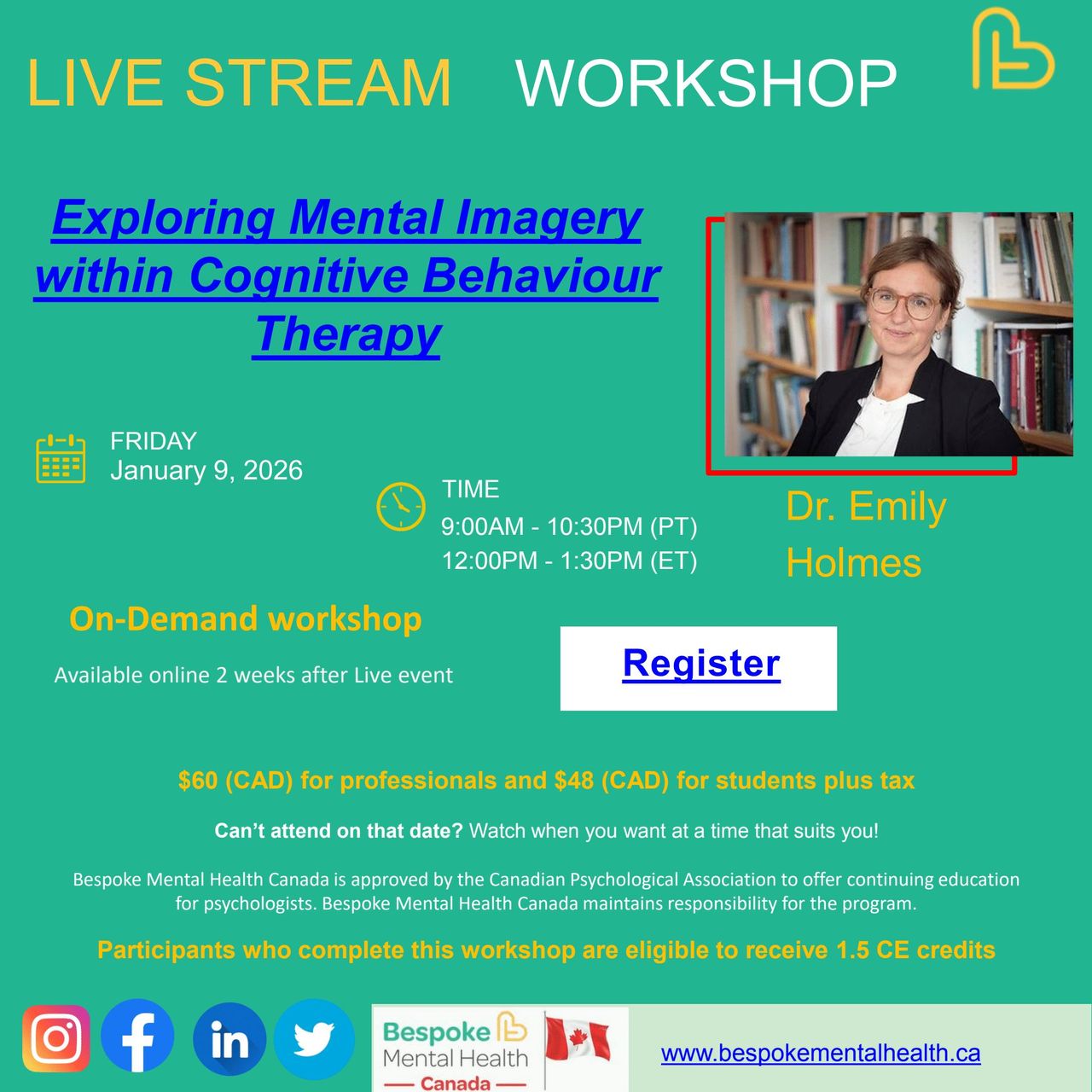




 Dr. Janine Hubbard has been elected by the CPA Board of Directors to the position of CPA President and Chair of the Board for the 2026-2027 term. Dr. Hubbard will bring clinical experience, supervisory experience, leadership, and boundless energy to the role.
Dr. Janine Hubbard has been elected by the CPA Board of Directors to the position of CPA President and Chair of the Board for the 2026-2027 term. Dr. Hubbard will bring clinical experience, supervisory experience, leadership, and boundless energy to the role.
